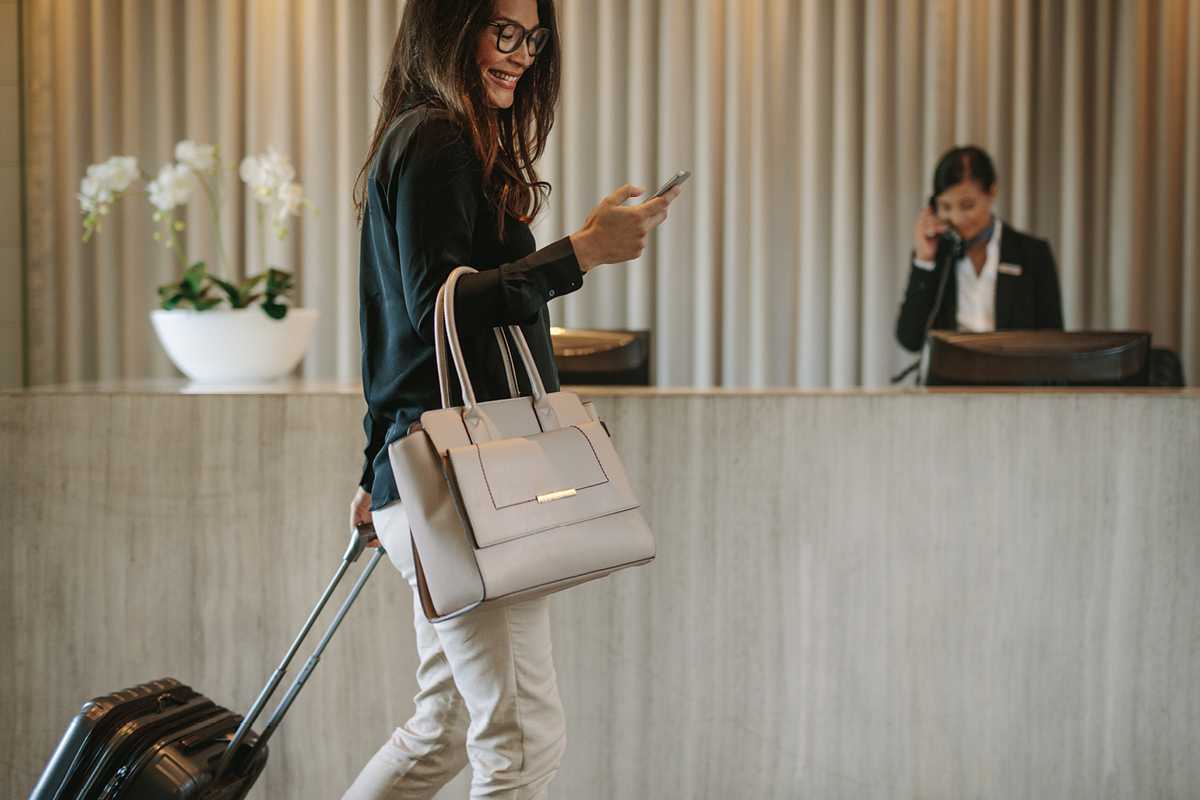
Checking In To Commercial Investment
As an introduction to investing in commercial real estate, buying a unit in a new hotel development could be the right option, writes Property Brokers’ national commercial manager Marty Love.
31 October 2022
One of the questions asked in the latest Resimac New Zealand Property Investors’ survey was whether participants owned or have considered buying a commercial building as an investment property.
It is interesting that 49.1% of residential property investors said “no” and they were not interested; 11.9% said they did own a commercial building; and 38.9% said they are considering buying one.
These results mean that more than half of the survey respondents either own or are considering investing in commercial property.
One of the questions many residential investors new to commercial property ask is, “where do I start?”
As an introduction to investing in commercial real estate, buying a unit in a new hotel development could be the right option for those keen to dip their toes in the water.
Hotel units are freehold properties that come with a guaranteed lease – often up to 30 years – to a hotel operator, who is effectively the tenant.
Units are sold for as little as $250,000 and have annual rent increases with market reviews at specific intervals. They usually have soft ratchet clauses meaning the rent typically goes up on each market rent review but can never go down.
The hotel company manages the hotel, takes care of most maintenance, and refurbishes the units on an eight to 10-year basis (at their cost), meaning owning a unit is stress and hassle-free.
The owner’s cost typically encompasses body corporate fees and rates. Returns are traditionally 6-6.5% gross per annum, or 4-5% net, depending on location and operator.
Some hotel operators allow the investor to have five to 10 nights free stay per year, either in their unit or one very similar within the complex.
Key Advantages
Property Brokers’ special projects national manager Lance Judson, who has more than 30 years’ experience marketing hotel units, apartments, and master planned communities in New Zealand, Australia and Asia, says hotel units are a good way for investors to diversify their portfolio, especially those entering the commercial market for the first time.
“Investments are less than the price of an average house, usually $250,000 to $300,000. The investor gets a good long-term tenant – the hotel operator – rent payments usually go into the investor’s bank account every month, and the investor doesn’t have to manage the investment or pay for day-to-day maintenance; it’s done for them.”
Judson says it is in the hotel operator’s interest to ensure the hotel is looking good and the furnishings and appliances are modern and in good working order. “It’s a win-win situation for the investor and the management company.”
What are the key advantages of investing in a hotel unit as an investment?
- It’s a saleable freehold investment, meaning an investor can on-sell the unit at any time to another investor.
- The unit is bought with a lease in place to the hotel operator – often up to 30 years.
- The unit can come fully furnished, and furnishings are often replaced at the hotel operator’s cost.
- Investors can get up to a 6.5% return received monthly from the hotel operator for the length of the lease.
- As it is a commercial lease it is not subject to the Residential Tenancies Act.
- As it is a commercial investment, there is no bright-line tax to pay on profits when on-selling the unit.
- As an investor is buying a commercial asset, the purchase is zero-rated for GST.
- Overseas investors (non-residents) can invest in a unit. However, they must be registered for GST.
- Investors aren’t required to manage or maintain the property as this is the responsibility of the hotel operator.
- Investors get to stay for up to 10 nights free a year in the hotel.
While there is an upside to this type of investment, Judson warns there are also some drawbacks.
Each year that goes by means there is a year less on the life of the lease. He says, for example, when an investor buys a unit in a new development, the hotel company may take out a 30-year lease.
“If the investor decides to sell the unit after 10 years, the new owner has only 20 years remaining on the lease, negatively impacting the value. Investors are advised to conduct their own due diligence and seek independent advice from their lawyer and accountant.”
As with any investment, the aim is to invest in something safe, simple and profitable, Judson says. “While no investment is 100% bulletproof, purchasing a unit in a hotel ticks most of the boxes, especially for an investor wanting a low-risk investment with a passive income and very little management responsibility.”
Good Location
His key tip when looking for an investment in this asset class is to buy a unit in a new development (preferably off the plans, so the investor qualifies for potential capital gains and a full lease term on settlement) in a good location, eg Auckland, Wellington or Queenstown. “Ensure the development has a reputable, preferably international hotel operator managing the complex.”
Now, with the government’s staged opening of borders, Judson says the sector expects to see leisure travel expenditure skyrocket and that could translate into rapid re-engagement across the sector categories.
Responding to the challenges and seizing opportunities has resulted in signs of recovery. The commercial accommodation sector enjoyed a record level of transactions in 2021 as investors prepared to take advantage of a rebound.
Judson says commercial opportunities are set to continue ticking boxes for those with an innovative and entrepreneurial mind-set as well as a firm eye on the future, which once again feels bright for global tourism.


